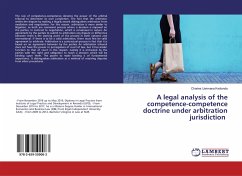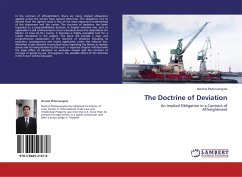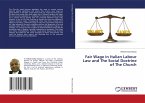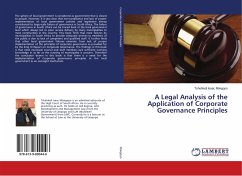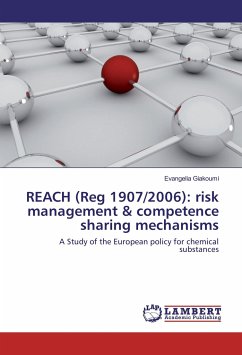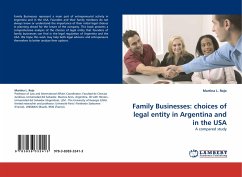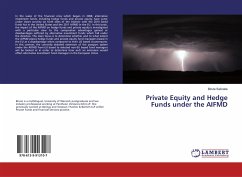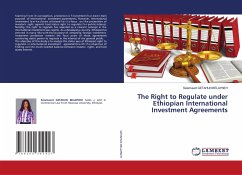The rule of competence-competence denotes the power of the arbitral tribunal to determine its own jurisdiction. The fact that the arbitrator settles the dispute by making a legally award distinguishes arbitration from mediation and negotiation. For this reason, arbitration is more similar to litigation, as both are command process where a decision is imposed on the parties, in contrast to negotiation, which is consensual in nature. An agreement by the parties to submit to arbitration any dispute or difference between them is the starting point of the process in both national and international. If there is to be a valid arbitration, there must first be valid agreement to arbitrate. Arbitration is a contractual process in fact that it is based on an agreement between by the parties. An arbitration tribunal does not have the power or prerogatives of court of law, but it has similar function to that of court in this respect, namely it is entrusted by the parties with the right and obligation to reach a decision which will be binding upon them. The power to make binding is of fundamental importance. It distinguishes arbitration as a method of resolving disputes from other procedures.

